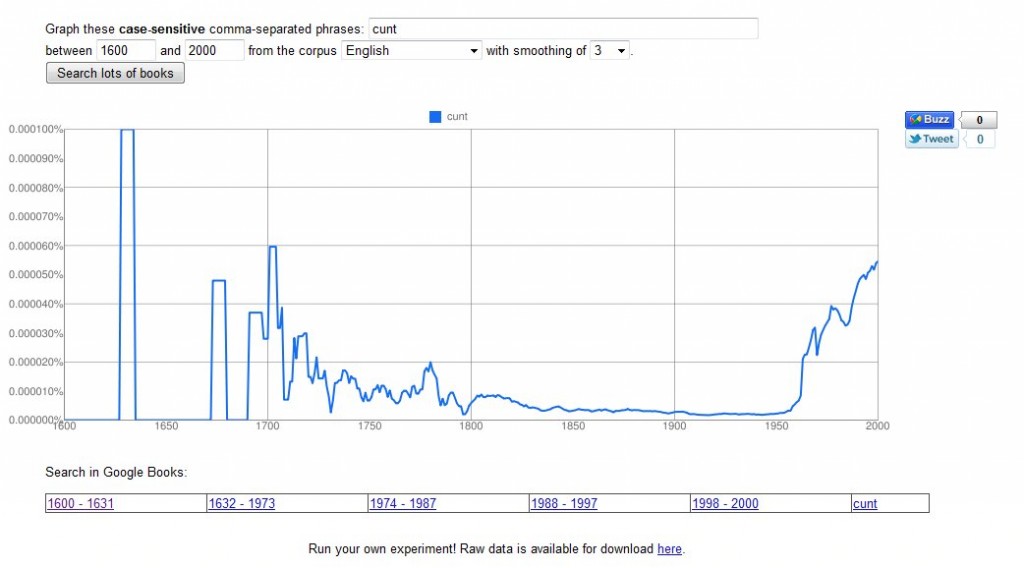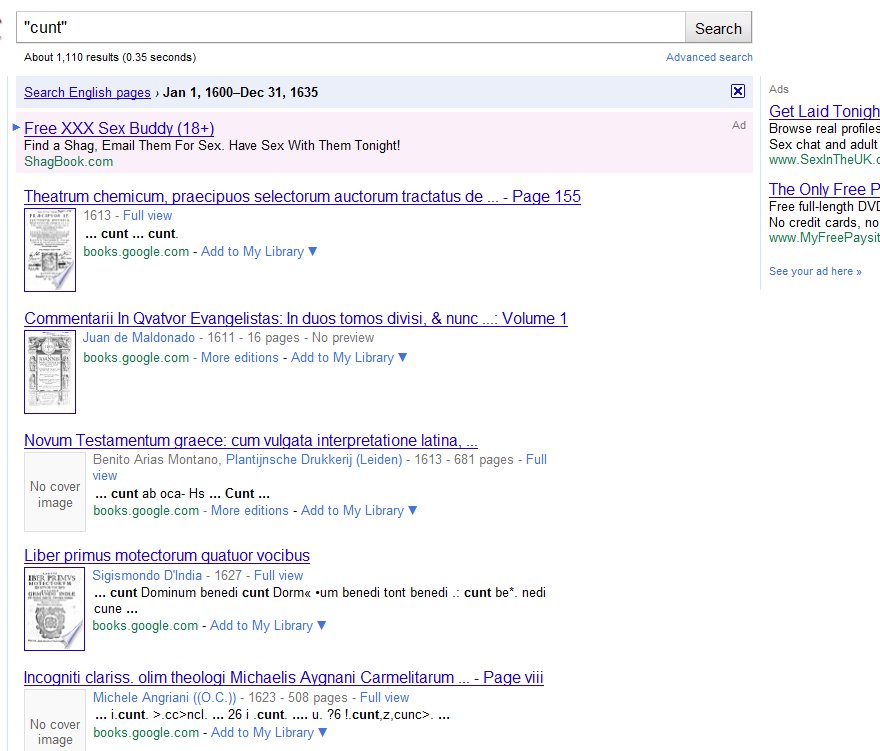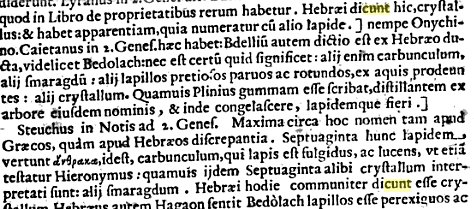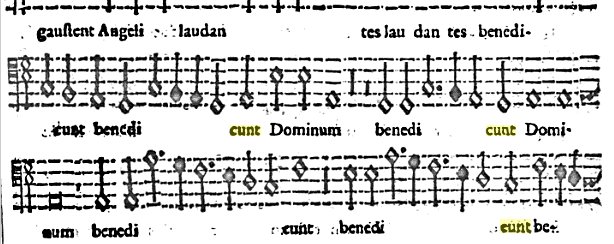Sophie Duncan at Clamorous Voice thought it would be interesting to bring the five question meme to our academic or otherwise real-life blogs. She describes it as a “creative nonfiction thing…little snapshots of what’s going on with people” and well, how could I refuse an offer like that? So here goes, and if you would like five questions from me, comment and ask!
What would you like to ask Christabel Pankhurst?
I always get a bit nervous about “what would you ask [famous person]?” questions because I’m worried that I’ll be like I am in real life and gaze worriedly at them, realise I have no intelligent question or, indeed, response and blurt out something about paneer. So this takes place in an alternate universe where I a) can time-travel and b) am not totally useless at talking to people and c) am cool.
At first I’d probably try to start off with vaguely academic questions, like her thoughts on direct action and how she’d gauge its success, what her intentions were in founding the WSPU and how these changed over time, her thoughts on the role of male suffragists, how she felt about the portrayal of the suffragist movement in the press and so on. And then I’d probably get increasingly nosy about the intra-suffrage movement tensions, so really, tell me exactly how you feel about the NUWSS, and what really happened with the Pethick-Lawrences, and why did you choose to base the WSPU on a military organisation and whose idea was that and ooh, syphilis and white slavery. And then either ask her about falling out with her sister, Sylvia Pankhurst, or possibly present her with a cuddly syphilis. Either way, it would go magnificently.
Sue Perkins or Sandi Toksvig? [This is probably the most important question I’ll ask anyone, nota bene]
I really admire Sandi Toksvig’s knowledge on such a wide range of subjects, how she’s a ferociously intelligent and respected older female broadcaster, presenter and entertainer when there are so few on TV and radio, and how she’s fought discrimination against her and her family due to her sexuality. On the other hand, Sue Perkins is one of the few comedians who can make me laugh and laugh (I saw Mitchell and Webb live and fell asleep, true story), and while she’s self-deprecating she’s also whip-smart and passionate about the arts. On balance I’d say that Sue Perkins is ahead by a whisker, but that’s due to her commitment to empirical research as demonstrated on The Supersizers go….
What is corpus linguistics?
Very very basically, it involves collecting together machine-readable texts and using a computer program to look for patterns in them. The patterns you look for might be whether a word prefers or avoids other words (collocation), have a certain grammatical function (colligation), are associated with a specific semantic field (semantic preference) or are associated with a set of words or phrases which can reveal (hidden) attitudes (discourse prosody). Some people work with massive corpora, like the Bank of English, and some people work with very small corpora of tens of thousands of words. Some people treat it as a sub-discipline in itself while others treat it as a methodology. As such, there’s a tremendous variation on what corpus linguistics is and it kind of depends on who you ask as to what answer you’ll get.
How and where do you see yourself teaching, in the post-apocalyptic maelstrom of the Higher Ed future?
It’s hard to say. I’m troubled by the attitude that universities are profit-making service providers and students are consumers; I believe it fundamentally changes the relationship between teacher and student. On the other hand, the networks and resources you find in universities are valuable and it’s hard to create them from scratch. The answer is that I’m really not sure; I’d like to do some teaching within the university system, but I’d also like to work with groups outside it – school and college groups, activists, the public and others.
What’re your own newspaper & magazine reading habits?
Being a bit of a cheapskate, it depends if I’m buying them or not. I sometimes buy Diva if I’m faced with a long train journey, but other than that I tend to do most of my reading online. However, if there are magazines or newspapers lying around, I’ll probably read them – National Geographic, New Scientist, the Metro, I’m not particularly fussy. I am also likely to pounce on people’s copies of trashy magazines, especially if they have dodgy real life stories (e.g. I made my mum-in-law out of toast). I probably won’t read the Daily Mail though – I do have some standards.
What’s the best thing about your life right now?
Right now? Possibly the cherry tomatoes, courgette and garlic roasting in the oven that I’m going to make something with for my dinner. It’s a beautiful sunny evening, my window’s open, and I can hear birdsong and collared doves cooing. It’s not the life I thought I was letting myself in for when I first started my PhD at Liverpool, but I’m trying to make the best of it.
What do your mornings look like?
Best avoided.
And now, questions for her!
Do you try to get distance from your PhD, and what form does that take?
What’s the arts organisation that doesn’t exist, but you really really wish it did?
Let’s imagine that you have the chance to go back in time and interact (talk, get drunk with, slap, etc) with any historical figure. They’ll then conveniently bang their head and forget they ever met you. Who would you pick and what would you do with/to them?
How has blogging influenced or affected your PhD?
What are you most looking forward to?
Comment if you’d like some questions from me.





